'I don't think I look like a stoner': the women changing the face of the cannabis industry
Photograph: Winni Wintermeyer/The Observer
by Candice Pires for The Guardian
Tsion ‘Sunshine’ Lencho and Amber Senter
Supernova Women, marijuana advocacy organisation
‘The plant can be used to heal our communities’: Amber Senter, above right, with Tsion ‘Sunshine’ Lencho of Supernova.
In Oakland, California, Amber Senter focuses daily on getting other women into the cannabis industry. Her own introduction to weed came via pain relief. As an adult, Senter was diagnosed with lupus, and credits smoking with alleviating sore joints and digestive issues. Her medical condition led her to research the plant extensively and gave her a career in the industry.
In 2015 Senter was working for a consulting firm that helps entrepreneurs apply for cannabis dispensary and cultivation permits. At a networking event she met Tsion “Sunshine” Lencho, an African-American, Stanford-educated lawyer who was looking for a job in the industry. Senter recruited Lencho and the two began working closely together. “We noticed that the groups that we were writing applications for were all well-funded, all male and very white,” she says. “This is an industry that was built on the backs of black and brown people. We thought, ‘Man, we’re gaining all this knowledge and essentially gentrifying our industry.’”
Advertisement
The pair decided to start Supernova Women, to help people in the black community get into the cannabis industry. They recruited two other women with existing cannabis-delivery businesses, Nina Parks and Andrea Unsworth, and the four now work in advocacy, education and networking, primarily for women of colour.
“The biggest barrier to the cannabis industry is funding,” says Senter. “And all the people who know each other with money are white guys. We’re teaching women of colour how to raise money and how to be good negotiators. The women we work with are equipped with the skills to run businesses – they just don’t have the resources or the pathways to money.”
On 1 January 2018, cannabis went from being medically to recreationally legal in California. There is a finite number of dispensary licences available. Supernova is now working with city councils on equity legislation for creating licensing programmes that give priority and assistance to marginalised groups.
Ultimately, Supernova wants money made from the industry pumped back into the communities it’s affected. “We don’t just want people in the community becoming owners – we also want to see the money reinvested in social programmes and education,” says Senter. “The plant can be used to heal our communities,” she says, “even though it’s been used to destroy them.”
Read more here.

